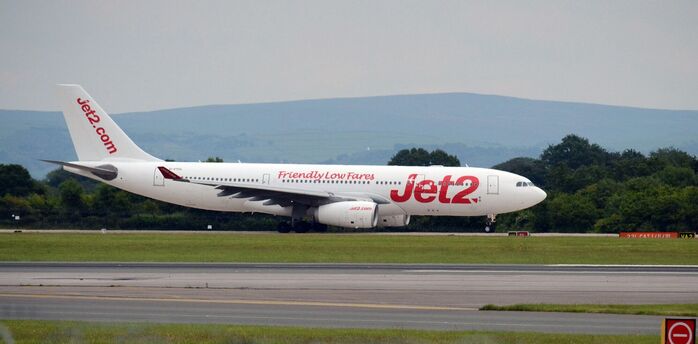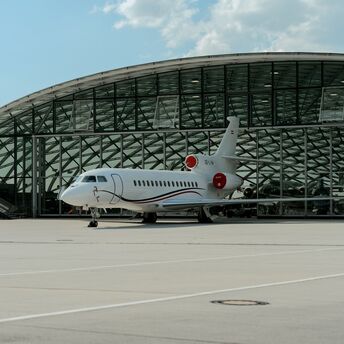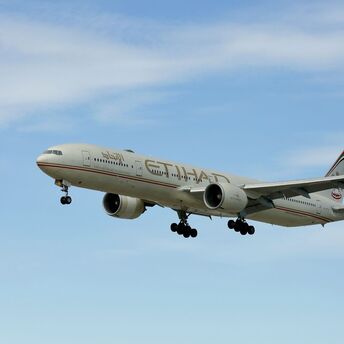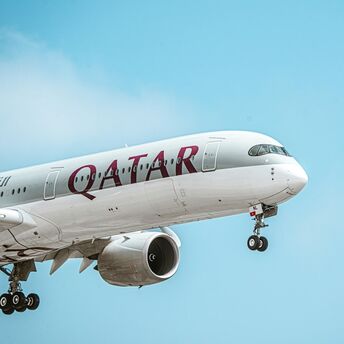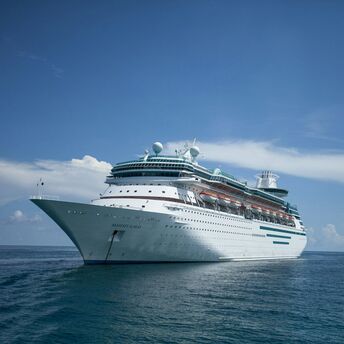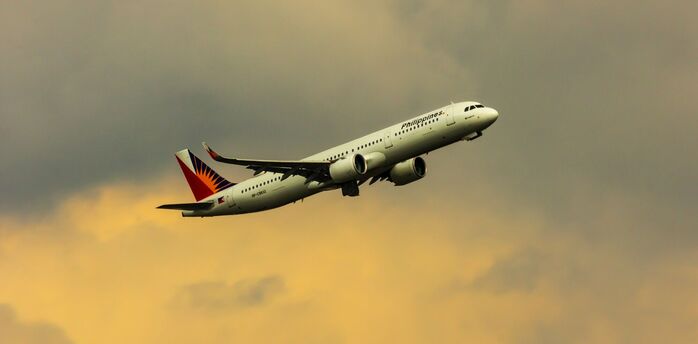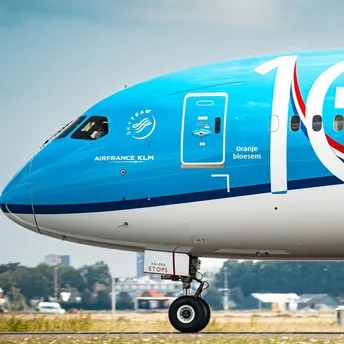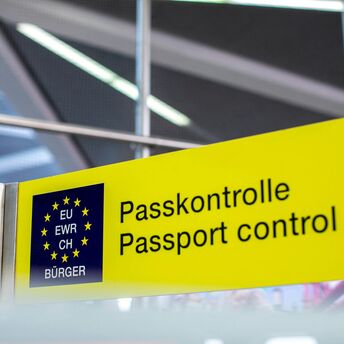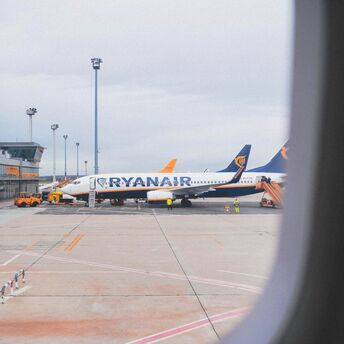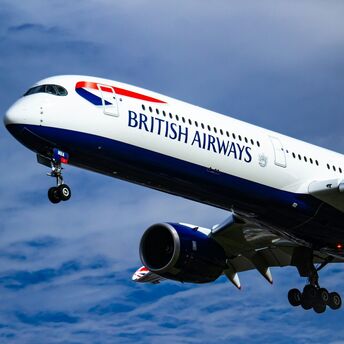NTSB Attributes Near-Collision at Austin–Bergstrom to Air Traffic Controller’s Assumptions
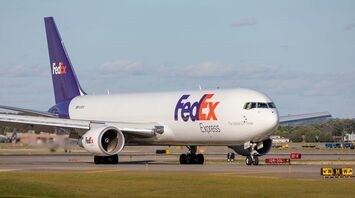
A recent report by the National Transportation Safety Board (NTSB) highlights the role of an air traffic controller's incorrect assumptions in a near-collision incident at Austin–Bergstrom International Airport (AUS) on February 4, 2023. The incident involved a FedEx Boeing 767 and a Southwest 737, which came within 170 feet of each other before avoiding disaster.
The NTSB's investigation pointed to multiple factors leading to the incident. The air traffic controller, Damian Campbell, incorrectly assumed the Southwest aircraft would take off promptly, failing to account for the dense fog that reduced visibility to a mere 4,000 feet. This visibility issue prevented a clear line of sight from the control tower, complicating Campbell’s ability to track the aircraft.
The FedEx aircraft, carrying two crew members, was on its final approach to land while the Southwest 737, with 128 passengers and crew, was preparing for takeoff. As the FedEx crew noticed the silhouette of the Southwest aircraft through the fog, they initiated a go-around, narrowly avoiding a collision by overflying the 737 at a height of about 150-170 feet.
The investigation also noted that the FAA had not mandated radar-based ground-tracking technology at AUS, a common feature at larger airports that could have provided better aircraft location data in low-visibility conditions. Additionally, the NTSB criticized the Southwest pilots for not informing the controller they needed more time before starting their takeoff roll, contributing to the confusion.
NTSB Board member Michael Graham described the incident as a significant failure in aviation safety, emphasizing that the two aircraft coming within such close proximity should not have occurred. NTSB Chair Jennifer Homendy called for the FAA to implement advanced technology to prevent similar runway incursions, reiterating the importance of supporting human operators in the aviation system to save lives.
During the NTSB hearing, FedEx co-pilot Robert Bradeen Jr. received recognition for his quick decision-making, which played a crucial role in preventing a potential catastrophe.


